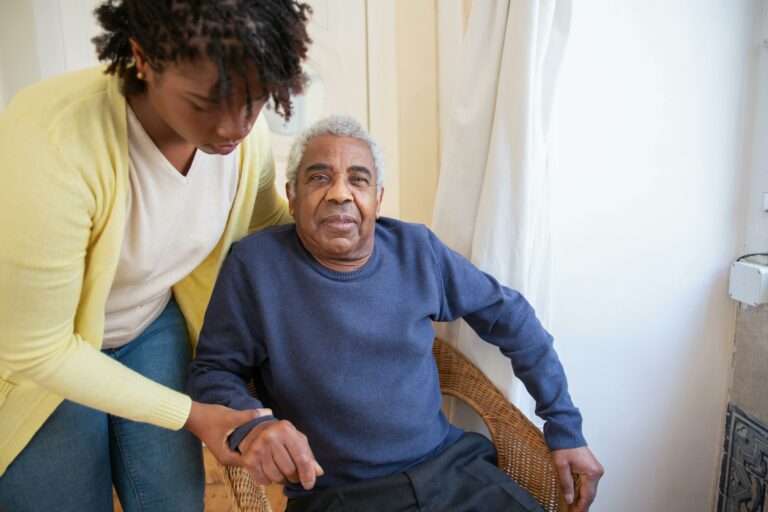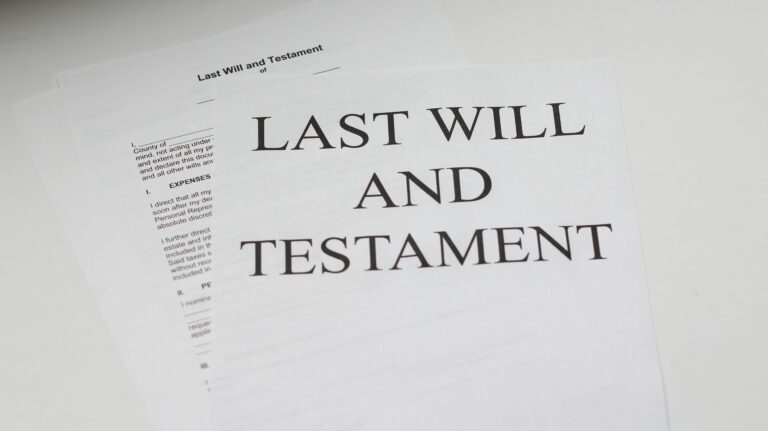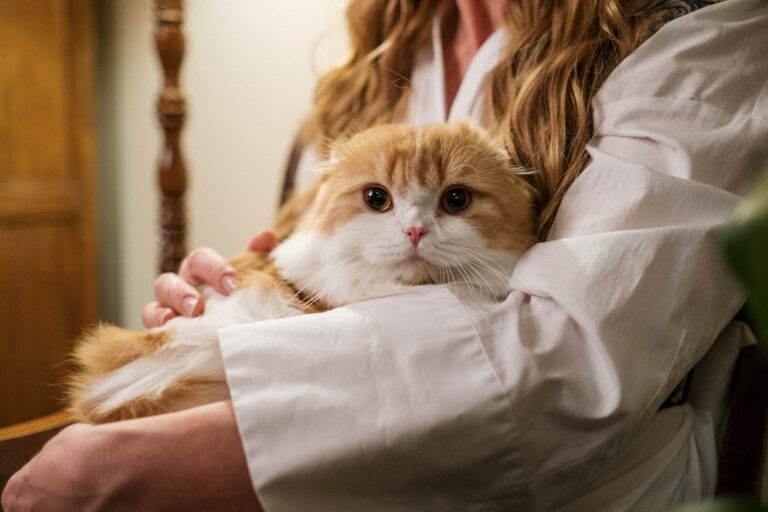
Navigating Life’s Uncertainties: The Importance of Conservatorships, Inspired by Brian Wilson’s Story
In the journey of life, certain events remind us of the importance of planning for the future, especially when it comes to protecting our loved ones and ourselves. The recent news about Brian Wilson, the co-founder of the Beach Boys, is one such event that brings to light the critical role of conservatorships in estate planning.
Understanding Conservatorships
A conservatorship is a legal process where a court appoints an individual or organization to manage the affairs of someone who can no longer do so themselves due to physical or mental limitations. This situation with Brian Wilson, who has been diagnosed with a “major neurocognitive disorder,” likely dementia, exemplifies why having a plan in place is so crucial.
The Story of Brian Wilson
Brian Wilson’s legacy as a musical genius is undeniable. Yet, his personal life now faces significant challenges due to his health condition. After the passing of his wife, Melinda, who was his primary caretaker, Wilson’s family filed for conservatorship to ensure his needs could be adequately met. This step was necessary to safeguard his well-being and manage his affairs, highlighting the unforeseen challenges that can arise as we age.
Key Takeaways
- Plan Ahead: Brian Wilson’s situation underscores the importance of early planning. Don’t wait for a crisis to think about legal protections like conservatorships.
- Protect Your Loved Ones: Conservatorships are a vital tool for ensuring the safety and financial security of those who can’t care for themselves. It’s about protection, not control.
- Expect the Unexpected: Life can be unpredictable. The loss of a caretaker or a sudden health diagnosis can change everything. Having a plan in place provides security in uncertain times.
Conclusion
Life’s unpredictability calls for preparedness and the story of Brian Wilson serves as a powerful reminder of this truth. As we reflect on his contributions to music and culture, let’s also consider the importance of planning for our own future and that of our loved ones. Estate planning, including considerations for conservatorships, is not just about managing assets—it’s about caring for people and ensuring their well-being in every circumstance.
Reference: MarketWatch “Beach Boys’ Brian Wilson’s conservatorship case highlights an important — and sometimes necessary — estate-planning tip.”




